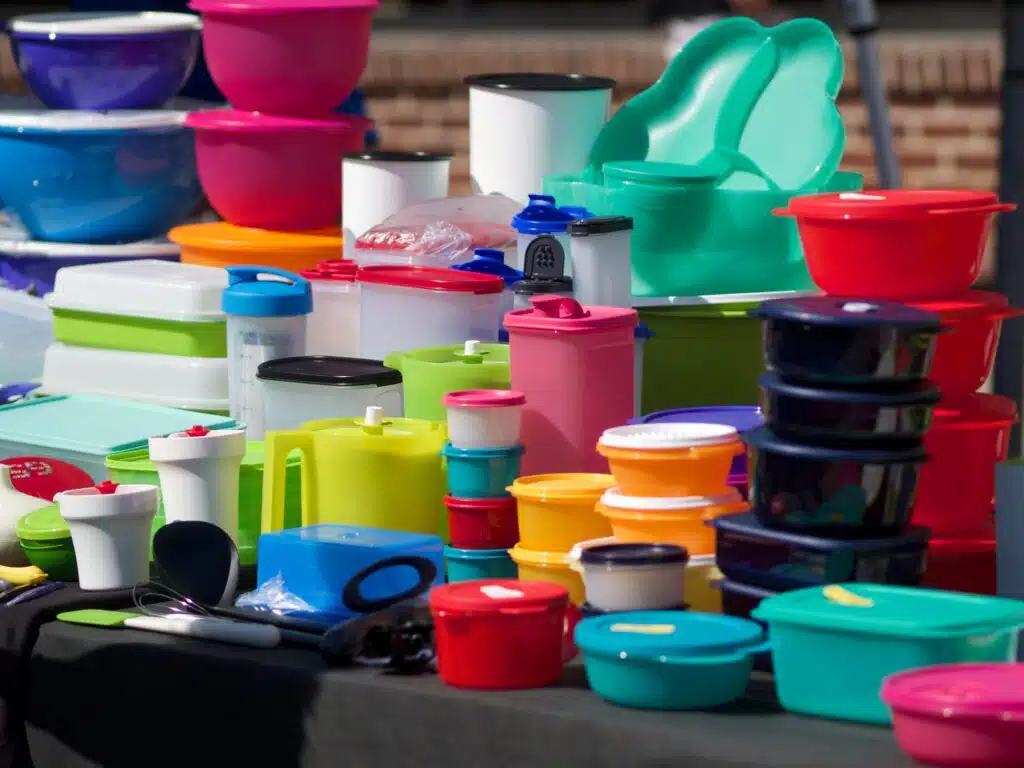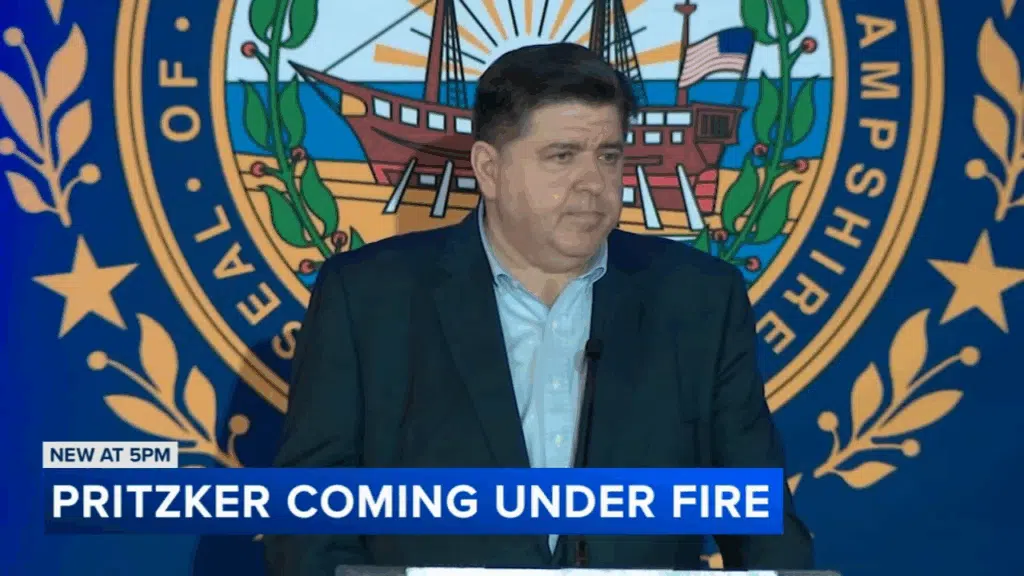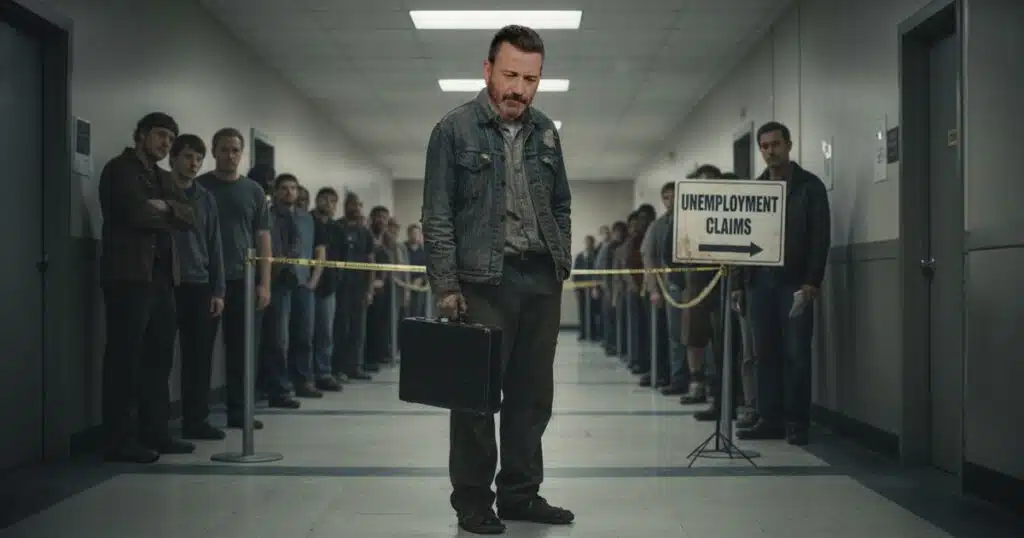
Tupperware Closes Its Last American Factory
Last week, Tupperware announced that it was closing its last American factory in Hemingway, South Carolina and relocating production to Mexico. 148 people are going to lose their jobs as a result of few. That is 148 people who will not be able to provide for their families as a result of this factory closure.
This should not be an unexpected move. Tupperware had been shifting its manufacturing operations to Mexico over the past few years.
What does this factory closure have to say about economic or even trade policy? After all, Tupperware will now be able to import its entire product line from Mexico tariff-free thanks to the USMCA trade deal.
The answer is probably not a whole lot. Tupperware is a company that is in a lot of trouble and there is a very good chance that it will not exist by the end of the decade.
For starters, Tupperware is a company that has not adjusted well to the modern era. Traditionally, the only way to purchase Tupperware products was through “Tupperware parties” which was an event where (mostly) women would invite their friends over for a party at their house and try and sell Tupperware. Target, the first store chain to sell Tupperware, only began offering the products in October 2022.
You could buy Tupperware online through Amazon and other retailers. But why would you? You usually buy food storage containers at places such as Walmart and other physical retailers.
Tupperware is a company that is suffering from declining sales and has had a terrible time adjusting to the realities of 21st century America. It also has a tough time competing with other plastic food storage containers such as Glad, Rubbermaid, Ziploc, and other companies; and doesn’t really offer anything special compared to them except nostalgia.
Tupperware is a company in trouble due to its poor business practices. Fox Business reports:
In 2020, the company initiated a turnaround plan and has been trying to execute goals including improving profitability, strengthening its balance sheet and restructuring its debt, ever since.
However, in a Securities and Exchange Commission (SEC) filing in April 2023, Tupperware said that “The Company has concluded that there is substantial doubt about its ability to continue as a going concern for at least one year from the expected issuance date of its Form 10-K financial statements.”
In another sign of Tupperware’s poor financial health, the company’s stock closed on June 18 at $1.36 a share, making it practically a penny stock. This is definitely not the sign of a thriving company.
Tupperware closing its last American factory doesn’t really say much about economic or even trade policy. Instead, Tupperware’s decision to relocate all of its production to Mexico is best seen as a “Hail Mary” attempt to keep a company afloat that has failed to adjust to changing times and increased competition afloat.



